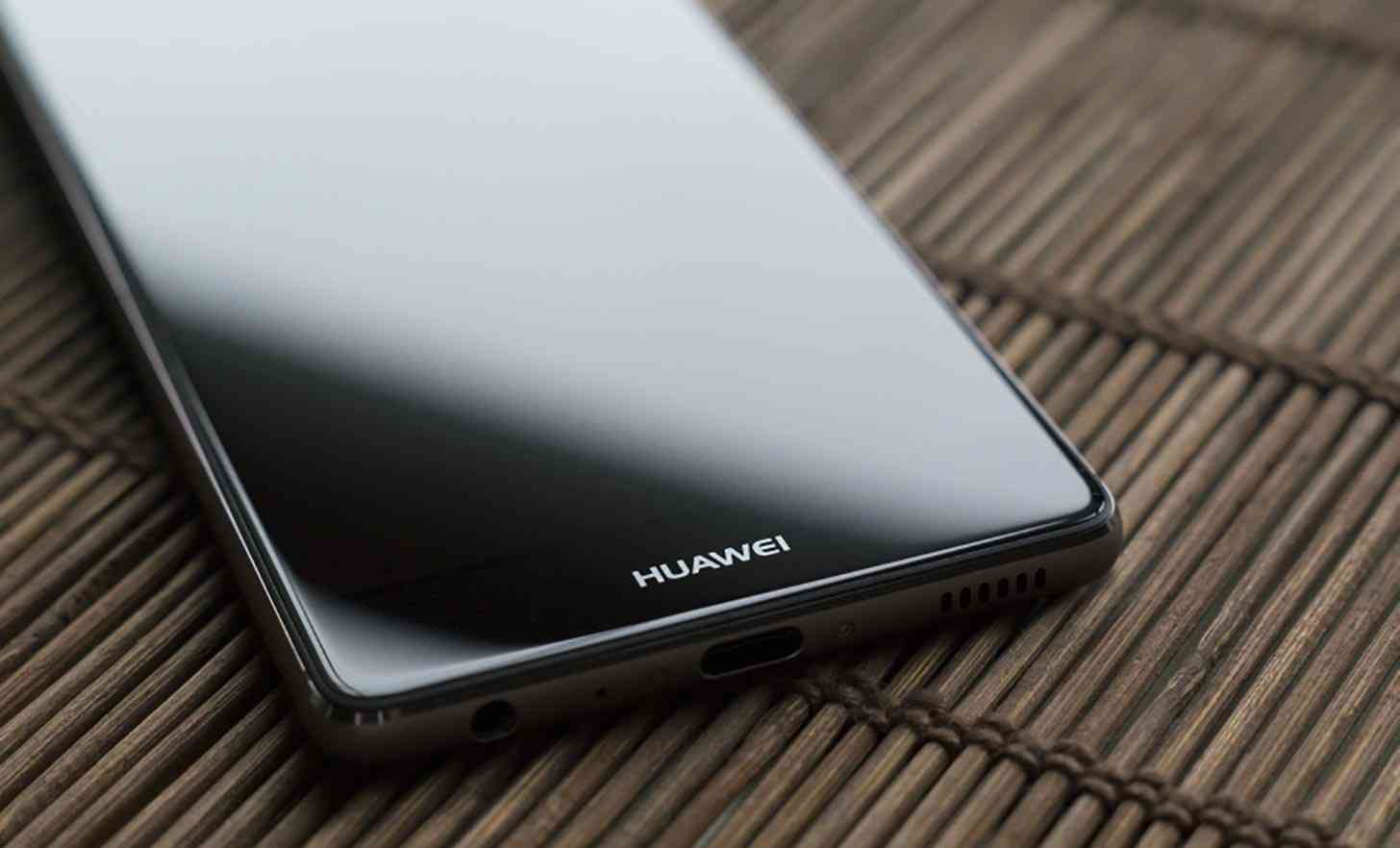
Just days after President Trump extended the US ban on Huawei into 2021, things are getting a bit tougher for the Chinese phone maker.
The US Department of Commerce has announced that it plans to amend its Entity List to restrict Huawei's ability to use US technology and software to design and manufacture its semiconductors abroad. The Commerce Department says that this new rule "cuts off Huawei's efforts to undermine US export controls."
Under these new rules, any international semiconductor manufacturers who use US technology will need to acquire a license from the US before they can sell their products to Huawei.
"Despite the Entity List actions the Department took last year, Huawei and its foreign affiliates have stepped-up efforts to undermine these national security-based restrictions through an indigenization effort. However, that effort is still dependent on U.S. technologies," said Secretary of Commerce Wilbur Ross. "This is not how a responsible global corporate citizen behaves. We must amend our rules exploited by Huawei and HiSilicon and prevent U.S. technologies from enabling malign activities contrary to U.S. national security and foreign policy interests."
The Commerce Department's new rule takes effect today, May 15, but it does allow any chips produced today to be shipped to Huawei within 120 days.
Huawei hasn't officially responded to the US Department of Commerce's announcement. However, a report from the Global Times does say that China could including some US companies on its list of "unreliable entities". That means that it could impose restrictions on or investigate US companies like Qualcomm, Cisco, and Apple, as well as suspend purchases of Boeing aircraft.
The Department of Commerce's move would also affect Taiwan Semiconductor Manufacturing Co. (TSMC), an important chip supplier to Huawei. TSMC has told Reuters that it's "following the US export rule change closely" and that it will "conduct legal analysis and ensure a comprehensive examination and interpretation of these rules."